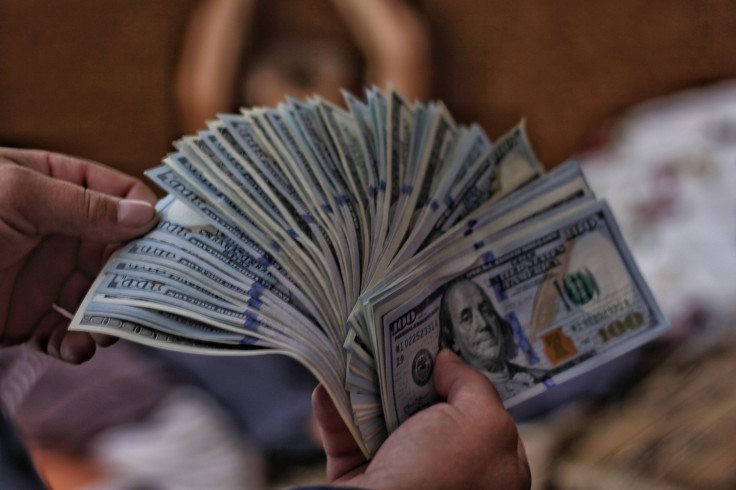
For Americans who’ve received coronavirus stimulus checks in the mail on the behalf of their deceased relative, here’s some awful news: the government wants it back at the earliest.
“A payment made to someone who died before receipt of the payment should be returned to the IRS,” said Treasury in a recent statement. To do the math: A complete refund of the money is expected unless it was sent to a couple that filed for it jointly. In that case, the living spouse need not send back a part of the portion that was set aside for them in the total amount.
The news of dead people’s accounts getting direct deposits from the government began doing the rounds after the Internal Revenue Service began crediting stimulus payments since the last month. Taxpayers have reportedly received up to $1200 as part of an all-new scheme—a 2.2 trillion recovery package.
The package, titled as the CARES act, is a government initiative to help those who’ve been struck by a financial catastrophe ever since the pandemic spread across the globe, pushing millions of workers into complete unemployment.
Unsurprisingly, a move like this feels like a bolt out of the blue—especially on those who’ve looked at this as a silver lining amid a neck-deep financial crisis. However, what needs to be known is that despite there being firm orders from the IRS to have the checks returned, the government body cannot pressure people into doing so.
“It may be the IRS made a mistake by making the payment to a deceased person. It can certainly ask folks to give the money back. I don’t see the legal authority for adjusting it on the 2020 return,” said Nina Olson, the founder of the Centre for Taxpayer Rights and a former taxpayer advocate for the IRS.
Simply put, the stimulus payments in question credited to those who died after their tax returns for the year 2018-19 were filed. But, given how there was a push back of sorts on the tax deadline from its original date—April 15— due to the Coronavirus outbreak, several Americans haven’t gotten around to filing their tax as yet. In that case, payments were made on the basis of the tax returns made in the previous year.
© 2025 Latin Times. All rights reserved. Do not reproduce without permission.




